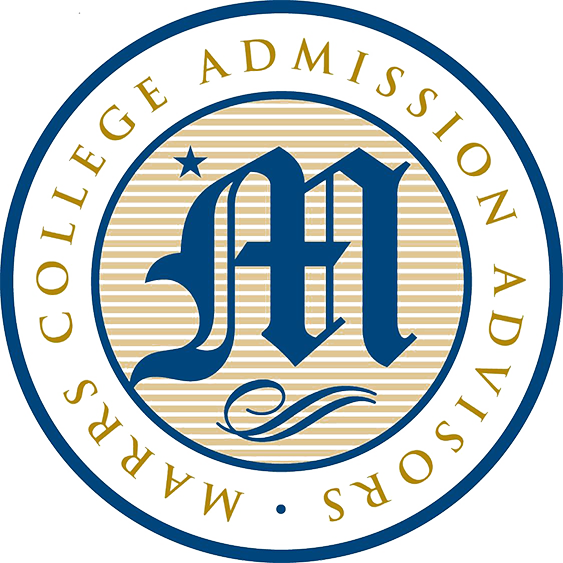College Highlights
University of Dallas
From the Fiske Guide to Colleges
Bulwark of academic traditionalism in the Big D, with a Core curriculum focused exclusively on Western civilization. Despite being a "university," UD has just 1,400 undergraduates, making small classes and personal attention a priority. A compelling drawing card is the university's program in Rome, embraced by most sophomores.
While many universities around the nation have reexamined their Eurocentric core curriculums, the University of Dallas—the best Roman Catholic university south of Washington, D.C.—remains proudly dedicated to a classic liberal arts education that fosters the study of "the great deeds and words of Western civilization." The campus tenor is conservative, but students say there are plenty of lively happenings to be found. Whether it's discussing Homer and Dante on the campus mall or cutting loose for the school's quirkiest event, a massive Groundhog Day party, one student says, "UD cherishes tradition."
UD's 744-acre campus occupies a pastoral home in a Dallas suburb on top of what one student calls "the closest thing this region has to a hill." A major portion of the campus is situated around the Braniff Mall, a landscaped and lighted gathering place near the Braniff Memorial Tower, the school's landmark. The campus boasts a beautiful chapel and a state-of-the-art science building.
Appropriately for a Catholic school, most eyes at UD look to Rome, where 80 percent of undergraduates trek for the unique, semester-long Rome Program, usually during sophomore year. "It sounds cliche to say that a semester could change your life, but the Rome semester does precisely that," enthuses a politics major. The program involves intense coursework, as well as trips to northern Italy and Greece (not to mention long weekends for individual travel). It is part of UD's four-semester Western civilization Core curriculum, which includes philosophy, English, math, fine arts, science, American civilization, Western civilization, politics, economics, a serious foreign language requirement, and two theology courses (Understanding the Bible and The Western Theological Tradition). All students also complete a senior thesis or project, a comprehensive exam, and/or a senior seminar, depending on their major.
UD students choose from more than 25 majors and 33 concentrations, including a few preprofessional options. Biology, English, business, politics, and psychology are some of the strongest and most popular majors. The business program draws on abundant internship opportunities in the Dallas-Fort Worth Metroplex. The politics major offers a concentration in political philosophy. Classics is, unsurprisingly, a traditional strength, and a major in human and social sciences tackles 21st-century issues through theory and practical research in areas like anthropology, sociology, and social psychology. Premed students are well served by the biology and chemistry programs. Other students take advantage of 3-2 dual-degree programs in nursing and electrical engineering, as well as 4 + 1 bachelor's/master's programs in a number of fields. The O'Hara Chemical Science Institute offers a hands-on, eight-week summer program to prepare new students for independent research.
Sixty percent of students live on campus, where tradition and religion govern conduct. Students under 21 who don't reside at home with their parents must live on campus in single-sex dorms with strict visitation regulations. "UD is a small and pretty safe campus, so we have few cases of sexual assault," reports a junior.
With no fraternities or sororities at UD, the Campus Activities Board sponsors most on-campus entertainment. Free movies, dances, and visiting speakers are usually on the agenda. Church-related and religious activities provide fulfilling social outlets for a good number of students. During Charity Week in the fall, the junior class organizes a variety of fund-raising events. The biggest event of the year is Groundhog, a whole week of events celebrating Groundhog Day and culminating in a huge party at Groundhog Park, featuring "live bands, free food, beer for students over 21, and sports games throughout the day," explains an English major. Smaller off-campus parties happen frequently; on campus, a student warns, "The Office of Student Life runs a tight ship regarding alcohol."
The University of Dallas is unusual for a Texas school in that its entire population does not salivate at the sight of a football. But the Crusaders men's and women's basketball, men's soccer, and women's cross-country teams are competitive in the Division III Southern Collegiate Athletic Conference, and men's golf is a recent conference champion. Club and intramural sports are well organized and sign up about a quarter of the students. The club rugby team (known as the Hoggies, after the school's favorite Groundhog tradition) is particularly popular.

